Orthodontist Sues to Reinstate Employer Mandate in Health Care Law

Orthodontist Sues to Reinstate Employer Mandate in Health Care Law
While many large employers welcomed the IRS’s recent delay of the so-called employer mandate, requiring them to provide health coverage for their employees, an orthodontics practice in Florida filed suit on Tuesday to force the federal government to reinstate the original effective date of the Sec. 4980H shared-responsibility penalty that was passed as part of the Patient Protection and Affordable Care Act (PPACA), P.L. 111-148 (Kawa Orthodontics, LLP v. Lew, No. 9:13-cv-80990 (S.D. Fla. complaint filed 10/1/13)). So reports the Journal of Accountancy.
Under Sec. 4980H, “applicable large employers” that fail to provide minimum health coverage for employees are subject to the shared-responsibility penalty. An employer is an “applicable large employer” for a calendar year if, during the preceding calendar year, it employed on average at least 50 full-time employees. An employee is a full-time employee for any month if he or she was employed, on average, at least 30 hours per week.
The penalty was supposed to apply beginning in 2014, but, on July 2, the IRS announced that it was delaying it for one year because a delay in related reporting requirements made it difficult to determine whether employers were subject to the penalty. The plaintiff in the lawsuit, Kawa Orthodontics LLC of Boca Raton, Fla., which has more than 50 full-time employees, claimed that it spent a considerable amount of money to comply with the employer mandate before the July 2 announcement—to determine what options and obligations it had under the mandate and how its current health care coverage would be affected. The plaintiff claimed that delaying the mandate injured it by causing it to lose some or all of the value of the time and resources spent preparing for the mandate to go into effect.
The plaintiff also noted in its complaint that many other employers may have been adversely affected, mentioning the large number of employers with more than 50 employees in the United States, and it cited a Congressional Budget Office estimate that delaying the penalty for a year will cost the federal government $10 billion.
The plaintiff argued that the IRS had no statutory authority to delay the penalty because the statutory language of Sec. 4980H states that it applies to “months beginning after December, 31, 2013.” The plaintiff claimed that no adequate administrative remedy is available. The plaintiff also argued that the IRS’s action violated the Administrative Procedure Act, P.L. 79-404, because it was arbitrary, capricious, and contrary to the law. The plaintiff asked, among other things, that the court enter a preliminary and permanent injunction “prohibiting and setting aside” the unlawful delay of the employer mandate.
Source: AICPA at http://www.aicpa.org/InterestAreas/Tax/NewsAndPublications/taxnews/Pages/20131003.aspx#sthash.1H5YRgQG.dpuf



